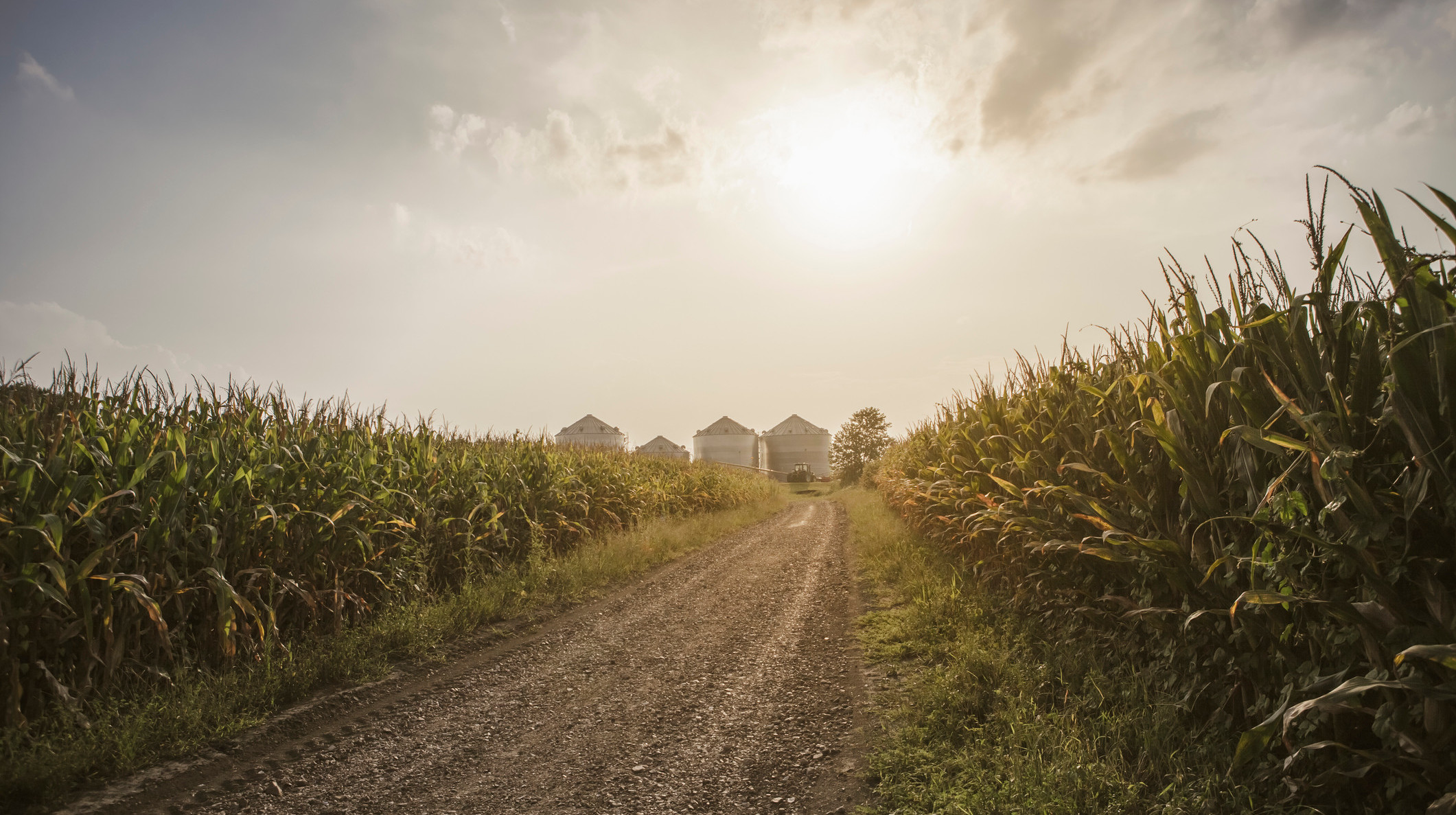A Brief History Of Black Farming In America
As COVID-19 closed restaurants around the country, many wholesalers and purveyors of cooking ingredients began to sell directly to consumers. In New York that includes Happy Valley Meat Company, a registered B Corporation that purchases humanely raised animals from small-scale farmers for fair prices and then butchers and portions them so that the entire animal is used. Happy Valley says its work "ensures better lives for farmers, a better ecosystem for animals, and better food for all," and today, in that vein, it posted a blog entry discussing the history of Black farming in America.
The blog entry—which Happy Valley says is not intended to be a comprehensive overview—discusses how the company had felt its work thus far had been inclusive, but that it hadn't researched the history of American Black farmers and had not considered how systemic racism had impacted farming. After conducting their own reading, Happy Valley's leadership decided to write about what they had learned in order to illuminate how a notoriously difficult industry has been infinitely harder for farmers who were and are Black.
The post begins with a description of farming in the 1860s, provides an overview of important historical events, and describes agricultural terms you've probably heard but might not have been able to describe (such as the difference between tenant farmers and sharecroppers). It also highlights how Black farmers were impacted by the Great Depression and The New Deal, the latter of which was not beneficial for them.
And, more currently, Happy Valley describes how Black farmers have continued to be oppressed and discriminated against into the modern era. There's a link to a 2019 article from The Counter that discusses how the USDA's distorted data concealed decades of discrimination against Black farmers. Both Happy Valley's blog entry and the article from The Counter are worthy of your time, and there are also a variety of other places you can learn more, such as the National Museum of African American History & Culture. The NMAAHC collection has extensive holdings relating to Black farming, including artifacts, online news updates, and exhibits (which aren't available digitally).
As written by Happy Valley, "Since 1910 Black farmers have lost 90% of their land, while white farmers have lost only 3%." If you're curious about how this has happened, or simply want a more comprehensive understanding of how our agricultural system works, check out the blog entry here.
